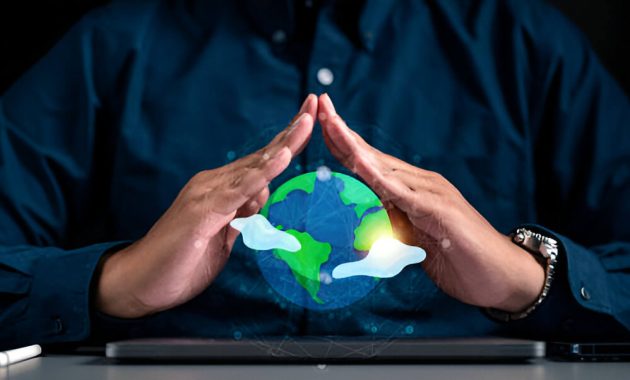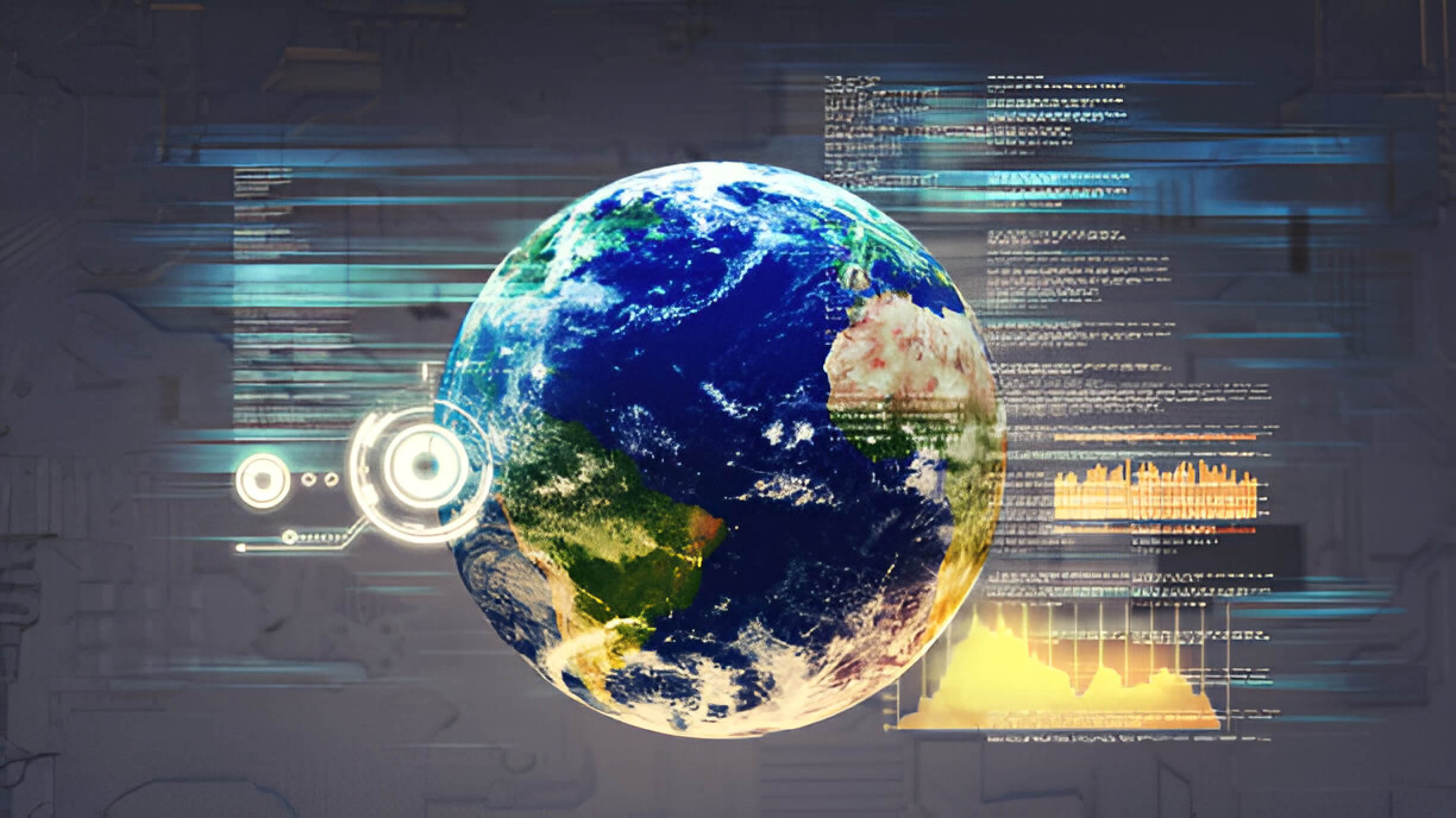The digital age has ushered in a transformative era, reshaping the very fabric of our society. From communication to healthcare, education to the workplace, technology’s influence permeates every aspect of modern life. This technological revolution has brought unprecedented opportunities and conveniences, but it also presents new challenges, particularly in the realms of privacy and security. As we stand on the cusp of further advancements in artificial intelligence, blockchain, and the Internet of Things, it’s crucial to examine how these digital innovations are molding our world and consider their implications for our future.
The Evolution of Technology
The evolution of technology has been a remarkable journey, transforming our world from analog to digital in just a few decades. This technological timeline spans from the industrial revolution to our current era of digital transformation, showcasing the rapid pace of advancement.
In the early stages, technology was primarily mechanical and analog. The industrial revolution marked a significant shift, introducing steam power and mechanized production. As we progressed, electrical systems emerged, laying the groundwork for more sophisticated innovations.
The mid-20th century saw the birth of computing, initiating the transition from analog to digital. This period heralded unprecedented technological advancements, from the first computers to the internet’s inception. The digital age truly began, revolutionizing communication, information processing, and data storage.
Today, we’re in the midst of a digital transformation that touches every aspect of our lives. From smartphones to artificial intelligence, the tech evolution continues to accelerate. As we look to the future, emerging technologies like quantum computing and biotechnology promise to push the boundaries of what’s possible even further.
Understanding this journey helps us appreciate how far we’ve come and anticipate the exciting developments that lie ahead in our increasingly digital world.
How Technology Is Transforming Communication
The advent of technology has revolutionized the way we communicate, fundamentally altering our personal and professional interactions. Social media platforms have become integral to our daily lives, allowing us to connect with friends, family, and colleagues across vast distances instantly. These platforms have not only changed how we share information but have also influenced public discourse and social movements on a global scale.
Instant messaging apps have further streamlined our communication, enabling real-time conversations and quick exchanges of information. This immediacy has transformed both personal relationships and business operations, facilitating faster decision-making processes and more efficient collaboration.
Video conferencing technology has emerged as a game-changer, especially in the wake of recent global events. It has redefined the concept of face-to-face meetings, allowing for seamless remote work and virtual gatherings. This technology has broken down geographical barriers, enabling global teams to collaborate effectively and reducing the need for extensive travel.
The rise of digital communication tools has significantly enhanced global connectivity. People from different corners of the world can now engage in cultural exchanges, share ideas, and work together on projects with unprecedented ease. This interconnectedness has fostered a more globalized society, opening up new opportunities for learning, business, and social interaction.
As technology continues to evolve, we can expect further innovations in communication tools, potentially including more immersive experiences through virtual and augmented reality. These advancements will likely continue to reshape how we interact, work, and build relationships in an increasingly digital world.
The Impact of Technology on Education and Learning
The integration of technology in education has revolutionized the way we learn and teach. E-learning platforms have made education more accessible, allowing students to access courses and materials from anywhere in the world. Educational technology has transformed traditional classrooms into digital learning spaces, equipped with interactive whiteboards, tablets, and other smart devices.
Online courses have democratized education, offering a wide range of subjects to learners of all ages and backgrounds. These courses often provide flexibility in scheduling and pacing, allowing students to balance their studies with other commitments. Digital classrooms have enabled real-time collaboration and communication between students and teachers, breaking down geographical barriers.
One of the most significant advancements in educational technology is adaptive learning. This approach uses artificial intelligence to tailor the learning experience to each student’s individual needs, strengths, and weaknesses. By analyzing performance data, adaptive learning systems can provide personalized content and adjust the difficulty level of assignments, ensuring that each learner progresses at their optimal pace.
As technology continues to evolve, we can expect further innovations in education, potentially leading to more engaging, effective, and inclusive learning experiences for students worldwide.
Technology Is Revolutionizing Healthcare and Medicine
Technology is rapidly transforming the landscape of healthcare and medicine, ushering in a new era of patient care and medical advancements. Telemedicine has emerged as a game-changer, allowing patients to consult with healthcare professionals remotely, improving access to medical expertise for those in rural or underserved areas. Artificial Intelligence (AI) is making significant strides in healthcare, from assisting in diagnosis to predicting patient outcomes and streamlining administrative tasks.
Medical innovations continue to push the boundaries of what’s possible, with breakthroughs in gene therapy, 3D-printed organs, and nanomedicine offering hope for previously untreatable conditions. Wearable health tech has empowered individuals to take charge of their well-being, providing real-time data on vital signs, activity levels, and sleep patterns. This wealth of information is paving the way for personalized medicine, where treatments are tailored to an individual’s genetic makeup and lifestyle factors.
As these technologies continue to evolve and integrate, we can expect to see more efficient, accessible, and effective healthcare systems that improve patient outcomes and quality of life.
The Role of Technology in Sustainable Development
Technology plays a pivotal role in driving sustainable development across various sectors. Green technology has emerged as a key player in reducing environmental impact and promoting eco-friendly practices. Renewable energy sources, such as solar and wind power, are becoming increasingly efficient and cost-effective, paving the way for a cleaner energy future.
Smart cities are leveraging technology to optimize resource usage, improve waste management, and enhance overall quality of life for residents. These urban centers utilize interconnected systems to monitor and manage everything from traffic flow to energy consumption, resulting in reduced emissions and improved sustainability.
Eco-friendly innovations are continually emerging, offering solutions to pressing environmental challenges. From biodegradable materials to advanced recycling technologies, these developments are helping to minimize waste and conserve natural resources.
Sustainability tech is not limited to environmental applications; it also encompasses social and economic aspects of development. Digital platforms are enabling better access to education, healthcare, and financial services in underserved communities, contributing to more equitable and sustainable growth.
As we face global challenges like climate change and resource depletion, the integration of technology in sustainable development efforts becomes increasingly crucial. By harnessing the power of innovation, we can create a more sustainable and resilient future for generations to come.
Technology Is Reshaping the Workplace and Job Market
The rapid advancement of technology is fundamentally transforming the workplace and job market. Remote work has become increasingly prevalent, allowing employees to collaborate across vast distances and offering businesses access to a global talent pool. This shift has redefined traditional office structures and work schedules, emphasizing results over physical presence.
Automation is another key driver of change, streamlining repetitive tasks and increasing efficiency across industries. While this has led to the elimination of some roles, it has also created new opportunities in fields like robotics and systems management.
Artificial intelligence in business is revolutionizing decision-making processes, customer service, and data analysis. As AI becomes more sophisticated, it’s crucial for workers to develop skills that complement these technologies rather than compete with them.
The growing importance of digital skills cannot be overstated. From basic computer literacy to advanced programming, these competencies are becoming essential across nearly all sectors. Employees who continually update their digital skillsets are better positioned to adapt to the evolving job market.
As we look to the future of work, it’s clear that flexibility, lifelong learning, and technological adaptability will be key to success. Workers and businesses alike must embrace these changes to thrive in the rapidly evolving digital landscape.
Privacy and Security Challenges in the Digital Age
In the digital age, privacy and security have become paramount concerns for individuals and organizations alike. As our lives become increasingly intertwined with technology, we leave behind a substantial digital footprint that can be vulnerable to various threats. Cybersecurity measures are essential to protect sensitive information from unauthorized access, data breaches, and cyber attacks.
Data protection regulations, such as GDPR and CCPA, have been implemented to safeguard individuals’ personal information and hold companies accountable for their data handling practices. However, the rapidly evolving nature of technology presents ongoing challenges in maintaining online privacy.
Information security professionals work tirelessly to develop and implement robust systems to protect digital assets. This includes encryption techniques, multi-factor authentication, and regular security audits. Despite these efforts, the cat-and-mouse game between cybercriminals and security experts continues, with new threats emerging constantly.
Individuals can take steps to enhance their online privacy by being mindful of their digital footprint, using strong passwords, and staying informed about potential risks. As we navigate the complexities of the digital landscape, striking a balance between convenience and security remains a critical challenge for society as a whole.
The Future of Technology: Emerging Trends and Predictions
The future of technology is rapidly evolving, with several emerging trends poised to reshape our world. Artificial intelligence (AI) continues to advance, promising to revolutionize industries from healthcare to finance. As AI becomes more sophisticated, we can expect to see more intelligent automation and personalized experiences across various sectors.
The Internet of Things (IoT) is expanding, connecting an ever-growing number of devices and creating a vast network of smart, interconnected systems. This proliferation of IoT devices will lead to smarter homes, cities, and workplaces, enhancing efficiency and convenience in our daily lives.
The rollout of 5G networks is set to dramatically increase connectivity speeds and reduce latency. This will enable new possibilities in areas such as autonomous vehicles, remote surgery, and immersive virtual experiences. As 5G becomes more widespread, we can anticipate a surge in innovative applications and services.
Quantum computing is another field making significant strides. While still in its early stages, quantum computers have the potential to solve complex problems far beyond the capabilities of classical computers. This could lead to breakthroughs in areas like drug discovery, climate modeling, and cryptography.
Augmented reality (AR) is poised to transform how we interact with the world around us. From enhancing educational experiences to revolutionizing retail and entertainment, AR technology will increasingly blur the lines between the physical and digital realms.
As these technologies continue to evolve and intersect, we can expect a future filled with unprecedented innovations and opportunities for growth across all sectors of society.
Embracing the Technological Revolution Responsibly

As we stand on the cusp of a new technological era, it’s crucial to approach these advancements with a balanced perspective. The rapid evolution of artificial intelligence, robotics, and other cutting-edge technologies offers unprecedented opportunities for growth and innovation across various sectors. However, it also presents challenges that require careful consideration and proactive measures.
To fully harness the potential of this technological revolution, we must prioritize responsible development and implementation. This involves fostering ethical practices, ensuring data privacy and security, and addressing potential socioeconomic impacts. Education and reskilling initiatives will play a vital role in preparing the workforce for the jobs of tomorrow, while policy frameworks need to evolve to keep pace with technological progress.
By embracing innovation while remaining mindful of its implications, we can shape a future where technology serves as a tool for human progress and societal betterment. The key lies in collaborative efforts between governments, industries, and communities to steer this revolution towards outcomes that benefit humanity as a whole.
As we move forward, let us approach this technological frontier with optimism, curiosity, and a commitment to responsible stewardship. In doing so, we can unlock the full potential of these advancements while safeguarding the values and principles that define our shared human experience.










